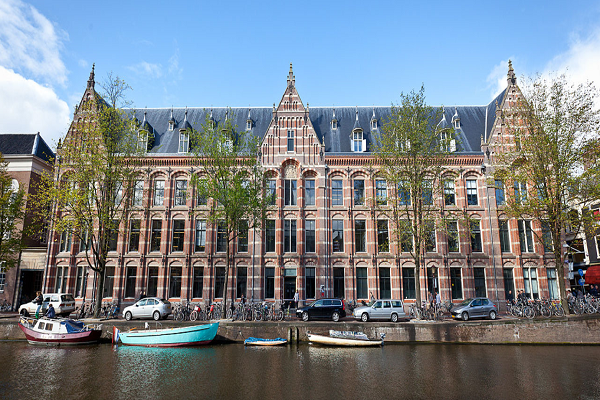University of Amsterdam appoints professor in Ultracold Quantum Sensing
Dr Philippe Bouyer has been appointed professor in Ultracold Quantum Sensing at the Faculty of Science of the University of Amsterdam.
Bouyer’s research interests concern matter-wave interferometry for tests of general relativity in microgravity and detection of gravitational waves. At the UvA Institute of Physics, Bouyer will join the Quantum Gases and Quantum Information labs. He has also taken on the role of coordinator of the Quantum Sensing catalyst program of Quantum Delta NL. The intention is that Bouyer’s part-time position in Amsterdam will be complemented later this year by a similar appointment as professor at Eindhoven University of Technology.
Before coming to the Netherlands, Philippe Bouyer was Deputy Director of the Institute d’Optique (Nouvelle Aquitaine Branch). He is former founding Director of the Laboratory of Photonics, Digital and Nanosciences at CNRS, IOGS, Université Bordeaux. In addition, he is co-founder and advisory chief scientist of Muquans (now Exail), a France-based company dedicated to quantum precision sensors. Bouyer received his Ph. D. in 1994 from the École Normale Supérieure/laboratoire Kastler Brossel, Université Paris Sud. Subsequently, he was a visiting professor of physics at Stanford University in Palo Alto, California, among other positions.
With Bouyer’s appointment, another important step is taken in positioning the Netherlands as a new Silicon Valley for quantum technology for Europe. With the allocation of 615 million euros from the National Growth Fund in April last year, Quantum Delta NL is rolling out a programme with three catalyst programmes and four action lines for this purpose. In the KAT-3 catalyst programme that Bouyer will coordinate, companies and knowledge institutes work together on the development of the technology and applications of quantum sensing. Besides his research and coordinating tasks, Bouyer will also be involved in teaching in the UvA Physics bachelor and master programmes.

